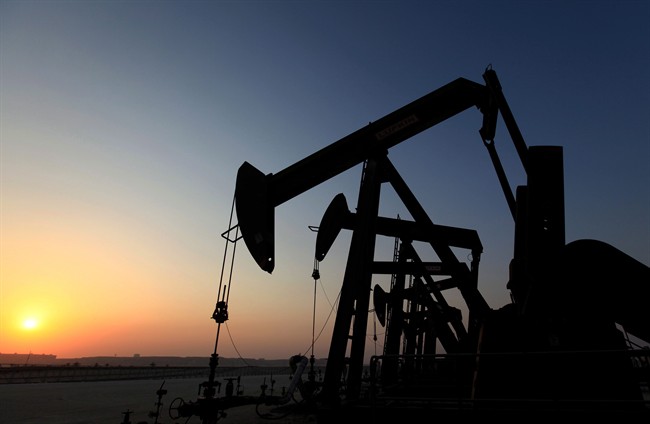A new policy regarding federal investment in the oil and gas industry could potentially push a further rivalry between Eastern and Western Canada, according to a political science professor.

Federal Environmental Minister Steven Guilbeault is set to publish policy guidelines that will dictate the circumstances for the flow of future federal investment to Canadian oil and gas firms.
The policy will be similar to one the government announced last year that ended most of Canada’s public financing for international fossil-fuel projects and is set to fulfill a promise from 14 years ago, when the country said it would cut back subsidies that encouraged wasteful consumption and slowed action on climate change.
That means going forward, new domestic fossil-fuel projects are only to receive federal funding if the government can reconcile them with Canada’s climate commitments.
“Canada will no longer support subsidies that are directly aimed at the oil and gas sector that give that sector an advantage in comparison to other sectors, and subsidies that help the production of fossil fuels,” Guilbeault said last week.
In response to the policy, Saskatchewan Premier Scott Moe tweeted: “If it wasn’t clear before, it is now. The Trudeau government doesn’t want to just reduce emission in our energy sector, they want to completely shut down our energy sector.”
In an interview from Brussels Friday, Guilbeault said tax credits or federal aid that helps companies lower their emissions will continue, including for fossil-fuel companies. The new tax credit for carbon capture and storage systems is not included.
Former University of Saskatchewan political science professor Ken Coates said Canada’s prosperity for the last 40 years has been reliant on the expansion of the oil and gas industry.
“The government of Canada has a very peculiar approach to this,” Coates said. “This approach has not been followed by other oil-producing countries, including places like Norway. It’s incredibly environmentally sensitive but it’s actually pushing back very strongly against the Trudeau-esque approach to dampening down oil production.”
He noted that a large portion of the Prairie provinces’ exports and trade with the U.S. rely on the industry.
“From a Western Canadian perspective, why us? Why are you taking the entire burden of dealing with climate change and putting it on the backs of one part of the country?” Coates said.
He said placing some of the climate change ‘burden’ on oil and gas consumption instead of production would level the playing field around the country.
Coates noted this policy is focused on urban dimensions but forgets the negative effects it will have on rural areas in Western Canada.
“Go into small-town Saskatchewan and talk about electric vehicles, particularly in the middle of wintertime and see if you think people really believe this is going to solve a problem. Same with the rural parts of Alberta. We are still going to need oil and gas.”
Alberta’s Premier Danielle Smith agreed with Moe, saying the proposed mandates would be extremely harmful to the Western Canadian economy and are unconstitutional.
“Instead of seeking ways to sow investor uncertainty and reduce support for Canadian energy globally, the federal government should focus on partnering with Alberta and investing in our national energy sector to achieve carbon neutrality by 2050, while simultaneously increasing energy production, jobs and economic growth for Canadians,” Smith said in a statement Saturday.
She also added that Alberta will not recognize any federally imposed emissions reduction targets for the province’s energy sector.
Coates said Canada is always going to consume energy at a ferocious pace.
“We have a huge country, large spaces to cover, extremely cold winters and we will always overconsume energy relative to the rest of the world. It’s simply the reality of being in Canada.”
He noted that Saskatchewan is behind a move towards small module reactor technologies to help do its part in mitigating climate change.
“The country can’t stand too much more of this,” Coates said. “The potential animosity between east and west is huge. We do not see central Canadian politicians defending the oil and gas industry. There’s an east-west rivalry here that could become very intense.
“We will pay a price in terms of economic development, prosperity, government services and tax revenue. This is hard for any other reach of the country to stomach.”
— with files from Global News’ Paula Tran and The Canadian Press




Comments